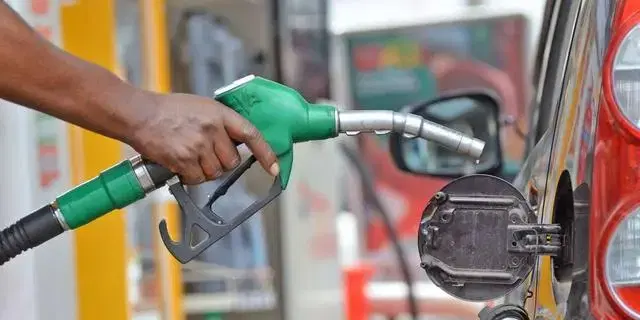By Gift ChapiOdekina, Abuja
The House of Representatives has urged the Federal Government to reverse the recent hike in petrol pump prices and take immediate action to stabilize the costs of petrol and cooking gas. They recommended targeted interventions such as temporary price relief measures, tax reductions, or subsidies on LPG for low-income households.
The House also called on the Nigerian National Petroleum Corporation (NNPC), the Ministry of Petroleum Resources, and other relevant agencies to expedite the repair and maintenance of domestic refineries, aiming to boost local refining capacity as a temporary solution to reduce reliance on imported refined petroleum products.
Additionally, lawmakers urged the Central Bank of Nigeria (CBN) to implement monetary policies that would alleviate the negative impact of fuel price increases on inflation, particularly regarding essential goods and services.
These resolutions followed the adoption of a motion on the “Urgent Need to Suspend the Increased Cost of Petrol and Cooking Gas in the Country and Provide a Stop-Gap,” moved by House Minority Leader Rep. Kingsley Chinda and supported by 111 other lawmakers.
During the debate, Deputy Minority Leader Rep. Aliyu Madaki highlighted that Nigeria, as an oil-producing nation, has historically depended on petroleum products and cooking gas (LPG) as vital energy sources for domestic and industrial use.
He expressed concern over the skyrocketing prices of petrol and cooking gas, which are placing an unsustainable financial burden on ordinary Nigerians and worsening the cost of living. According to Madaki, the removal of fuel subsidies, along with global oil price volatility and the depreciation of the Naira, has significantly contributed to the rising costs at the pump.
He stated, “We are worried that escalating fuel and gas prices are affecting transportation, food, essential goods, and healthcare, further increasing inflation and pushing many families into deeper financial hardship.”
Madaki also noted that small and medium-sized enterprises (SMEs) are struggling to manage rising operational costs due to increased fuel prices, which threatens economic stability and job security. He acknowledged that while the Federal Government has previously announced plans to repair domestic refineries and enhance local refining capacity, there has yet to be substantial progress in this area.
“The rising costs of petrol and cooking gas present a serious threat to the livelihoods of millions of Nigerians. Unchecked inflation driven by these price increases can lead to social unrest, heightened poverty rates, and negative long-term economic consequences.
“Unless urgent and pragmatic measures are implemented to address the escalating costs of petrol and cooking gas, the nation risks entering an economic crisis, which could result in increased crime and mortality rates.
The House unanimously adopted the motion urging the Federal Government to explore alternative energy sources and diversify the country’s energy mix. This includes promoting renewable energy solutions that are more sustainable and affordable in the long term.
Lawmakers also encouraged state governments to adopt policies that ease the financial burden on their citizens, such as waiving taxes or levies on transportation and goods impacted by high fuel prices.
Additionally, the House mandated its special ad hoc committee investigating the fuel price increase to conduct an investigation and report back within two weeks for further legislative action.

